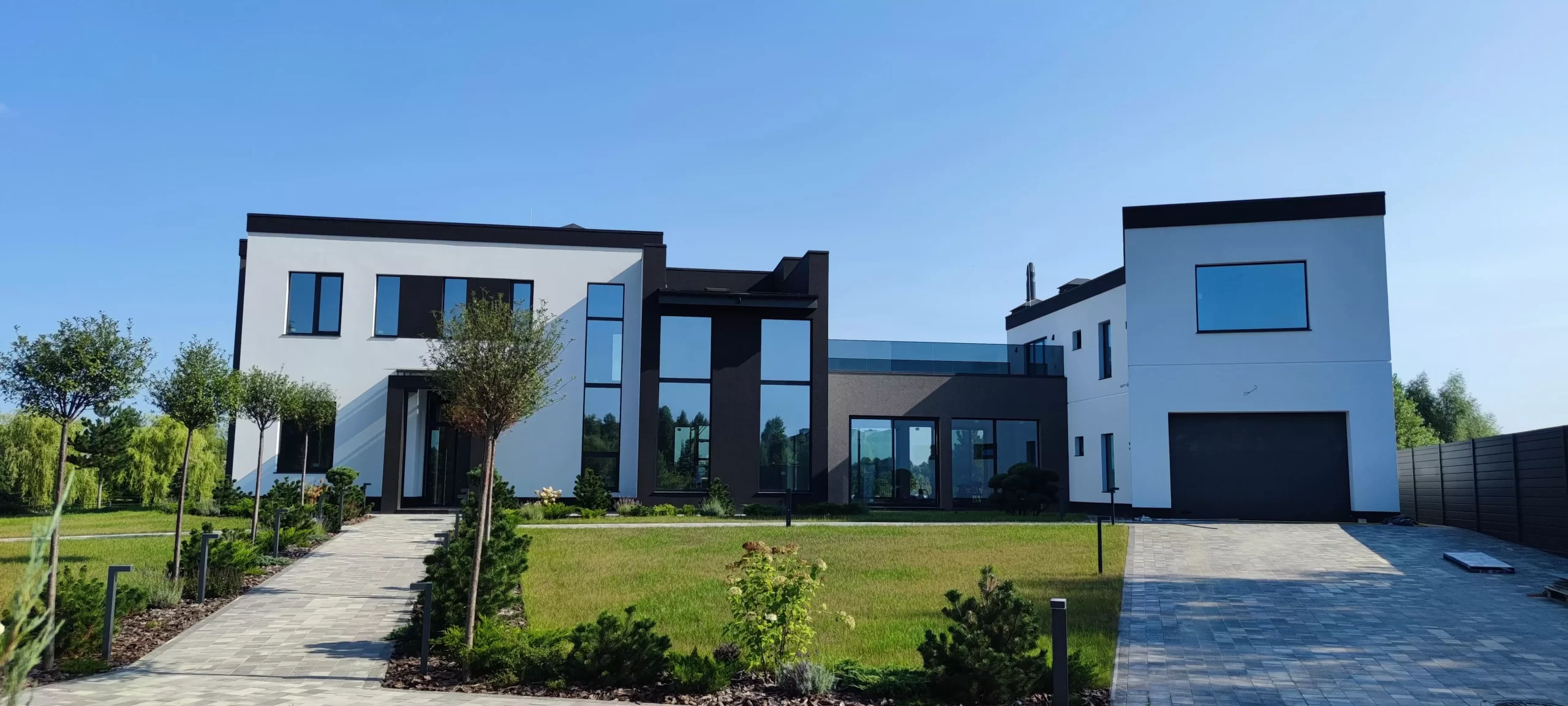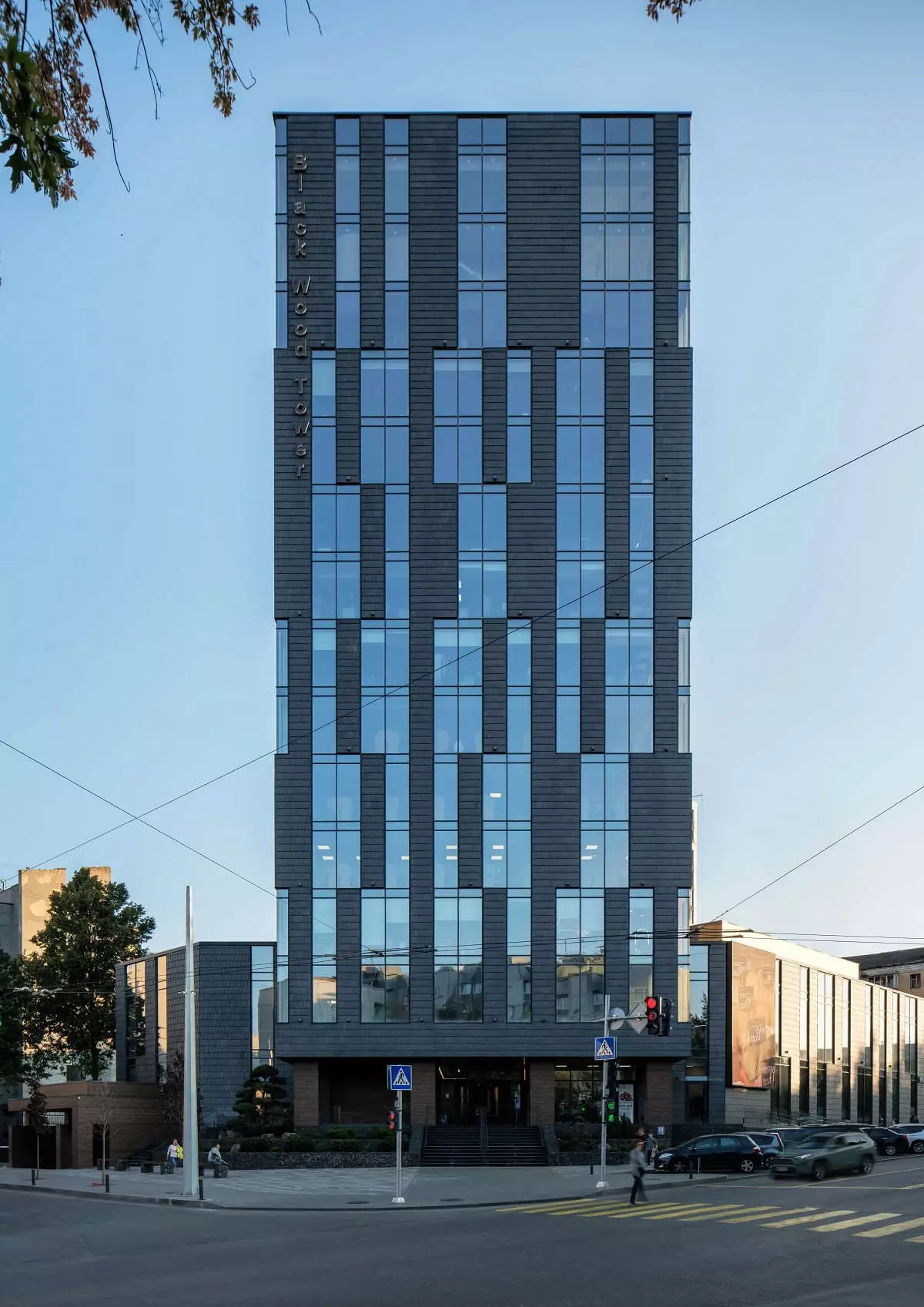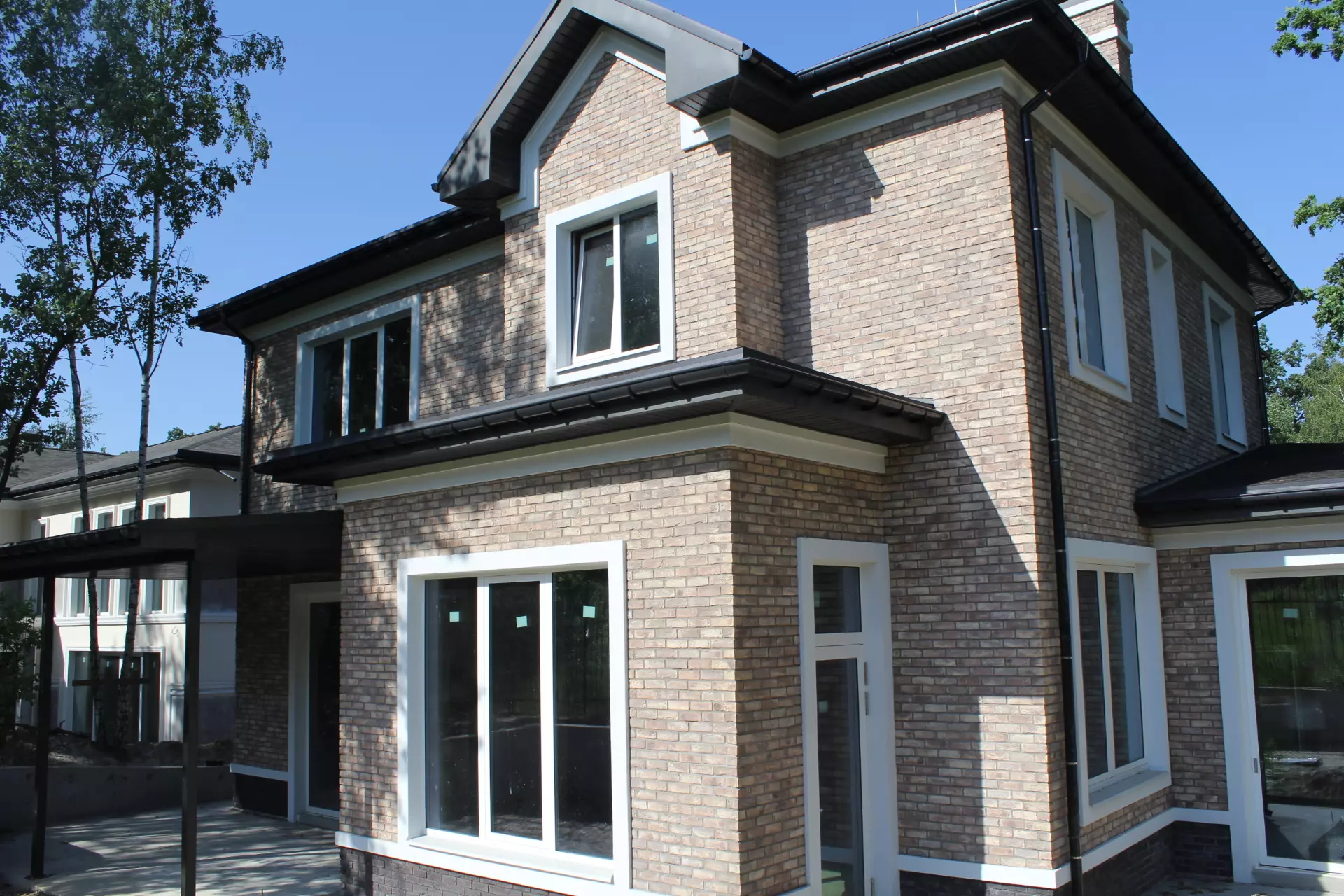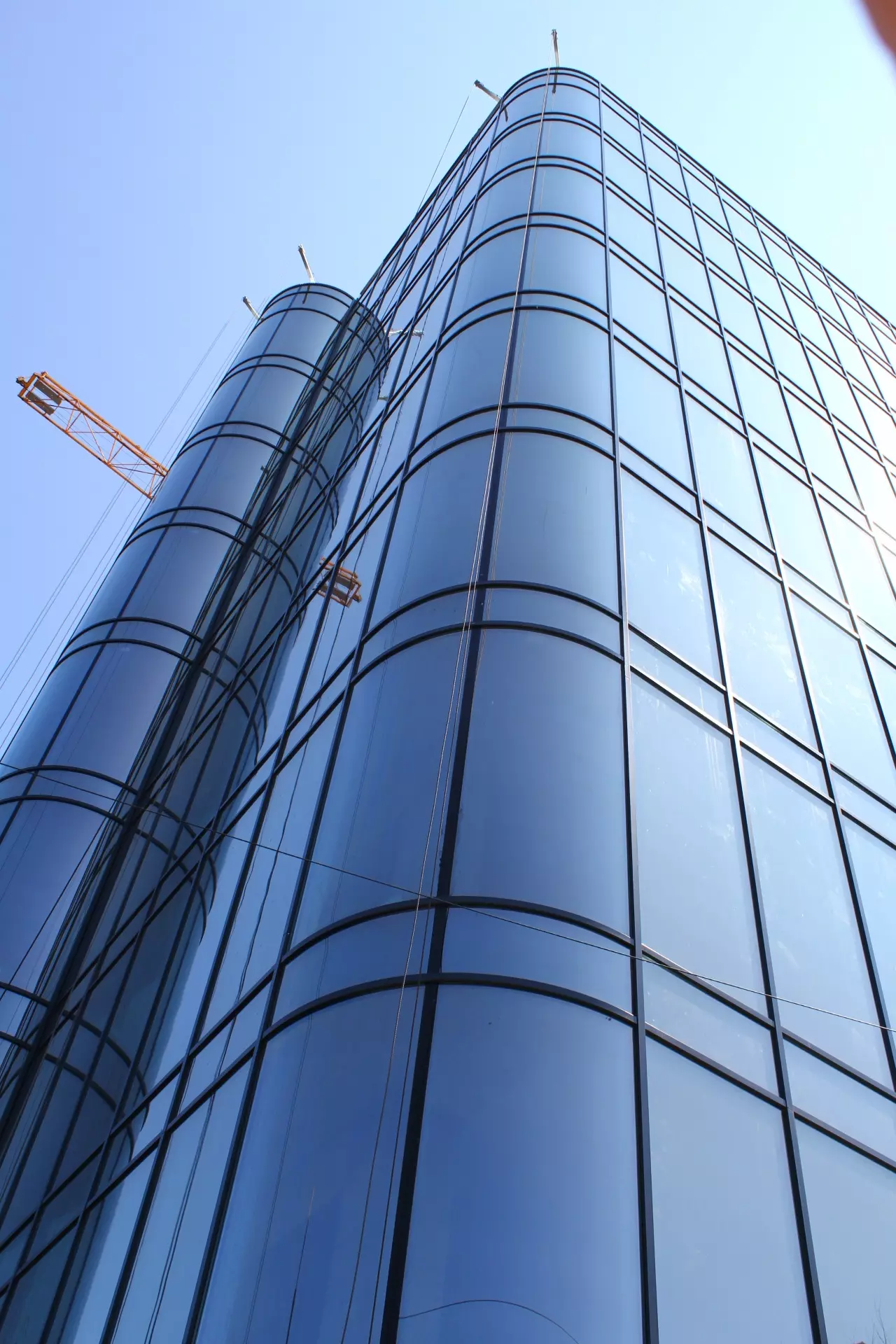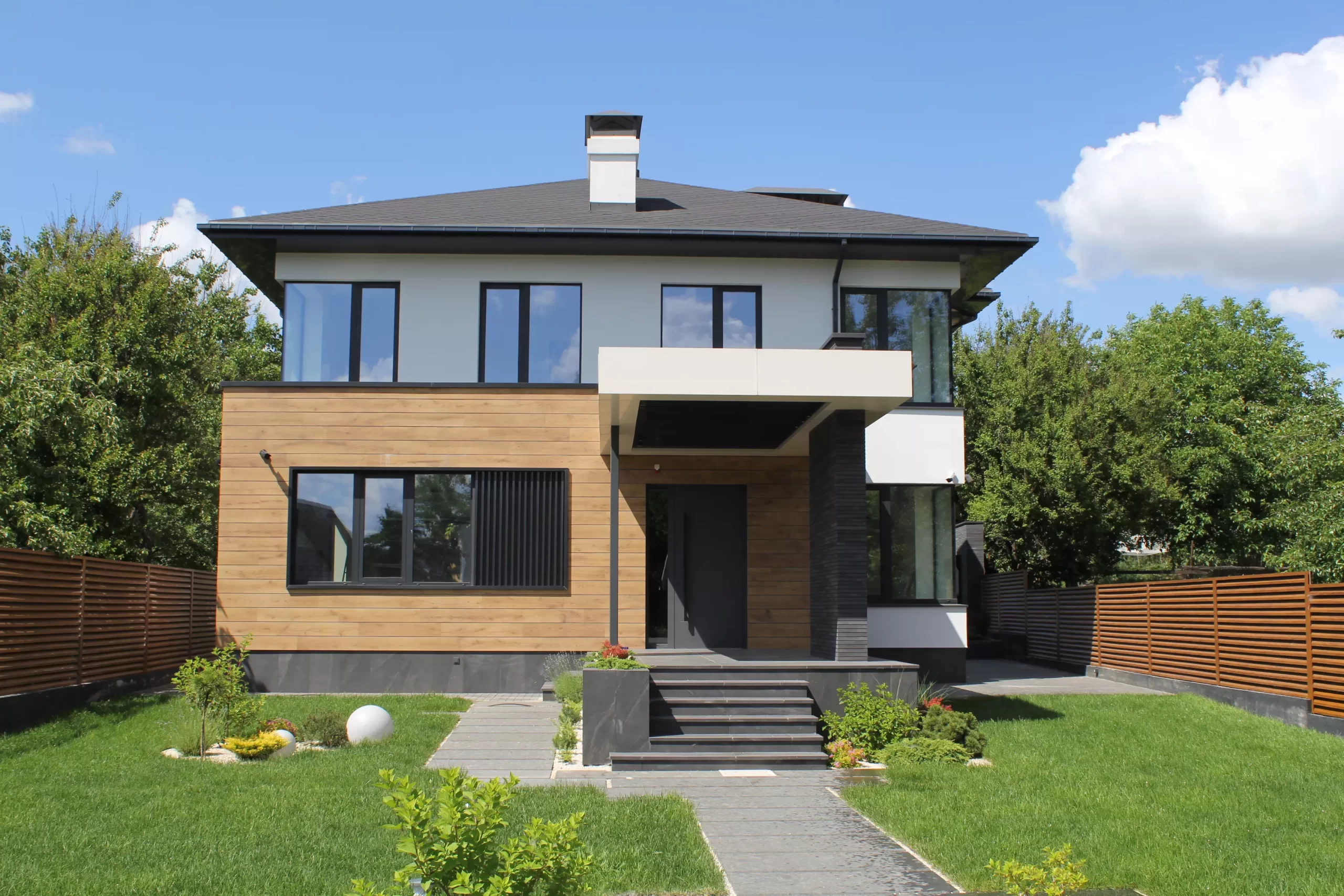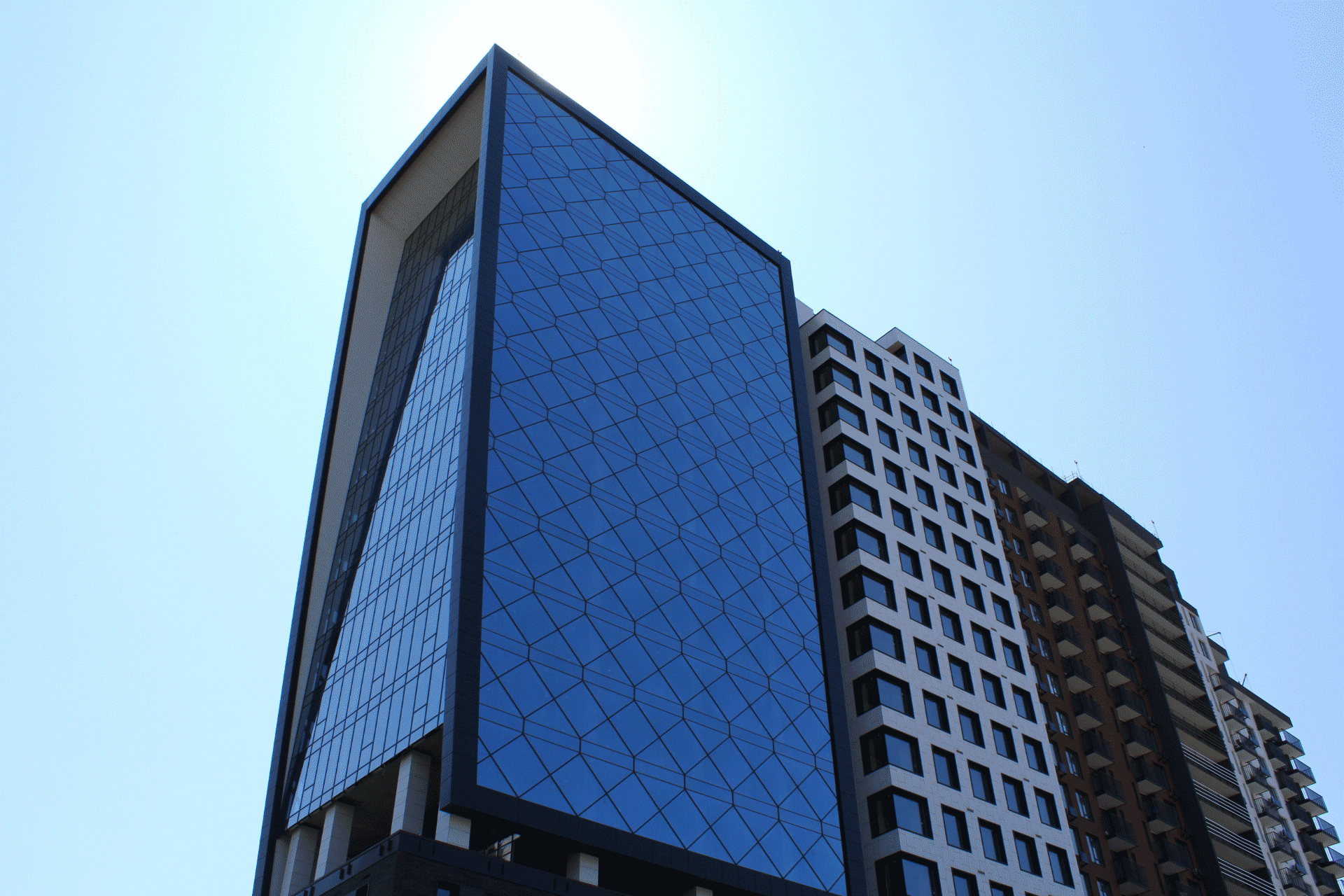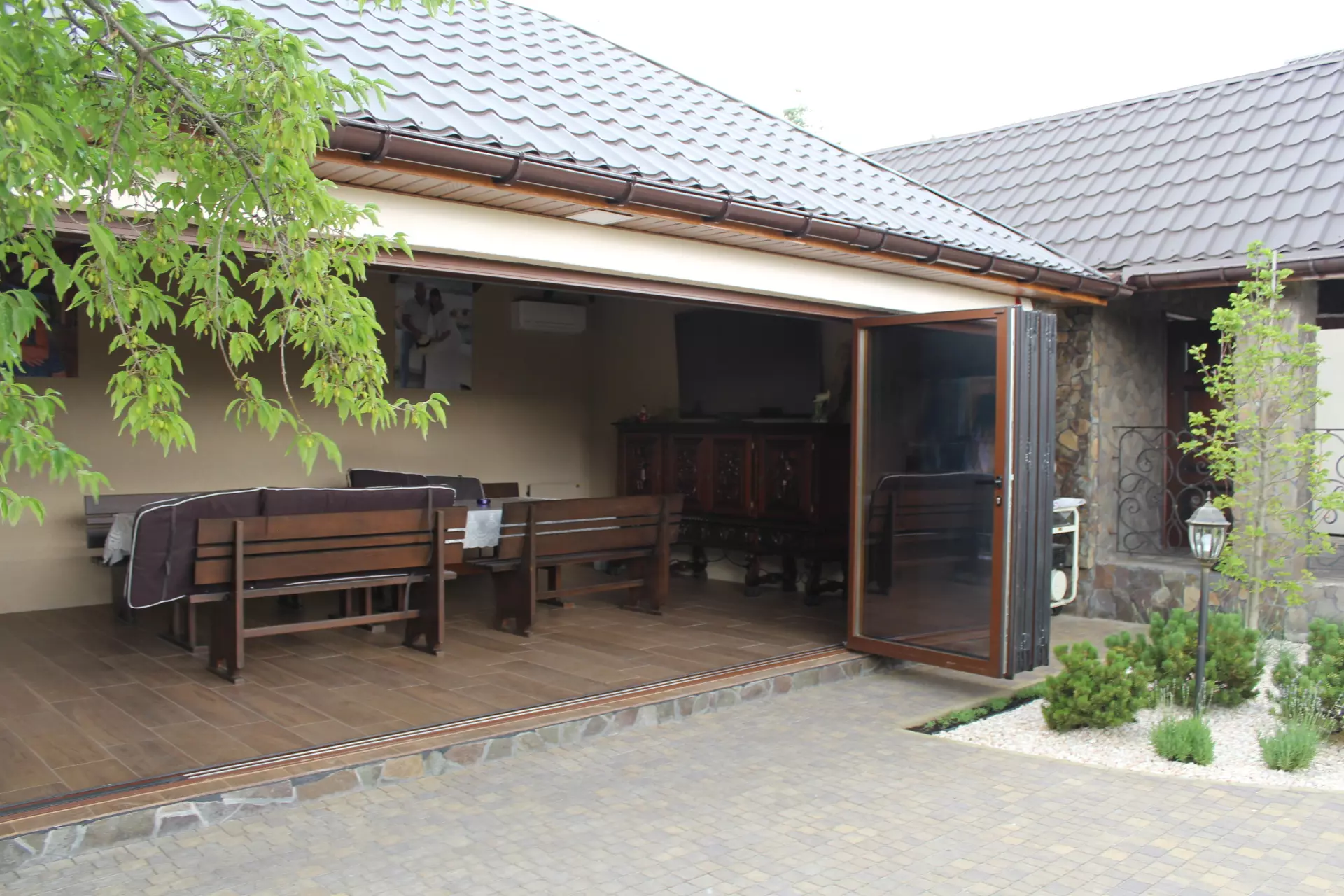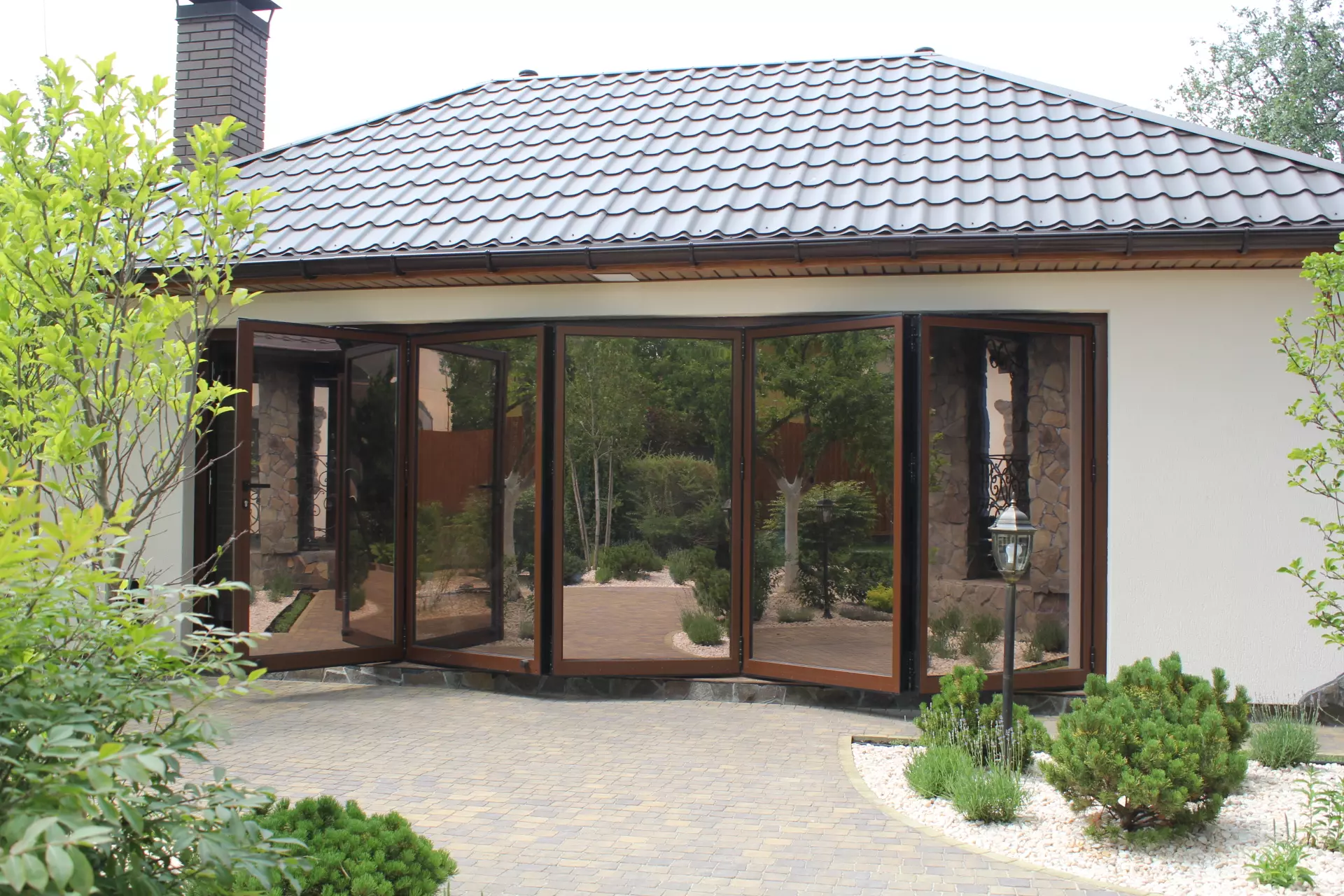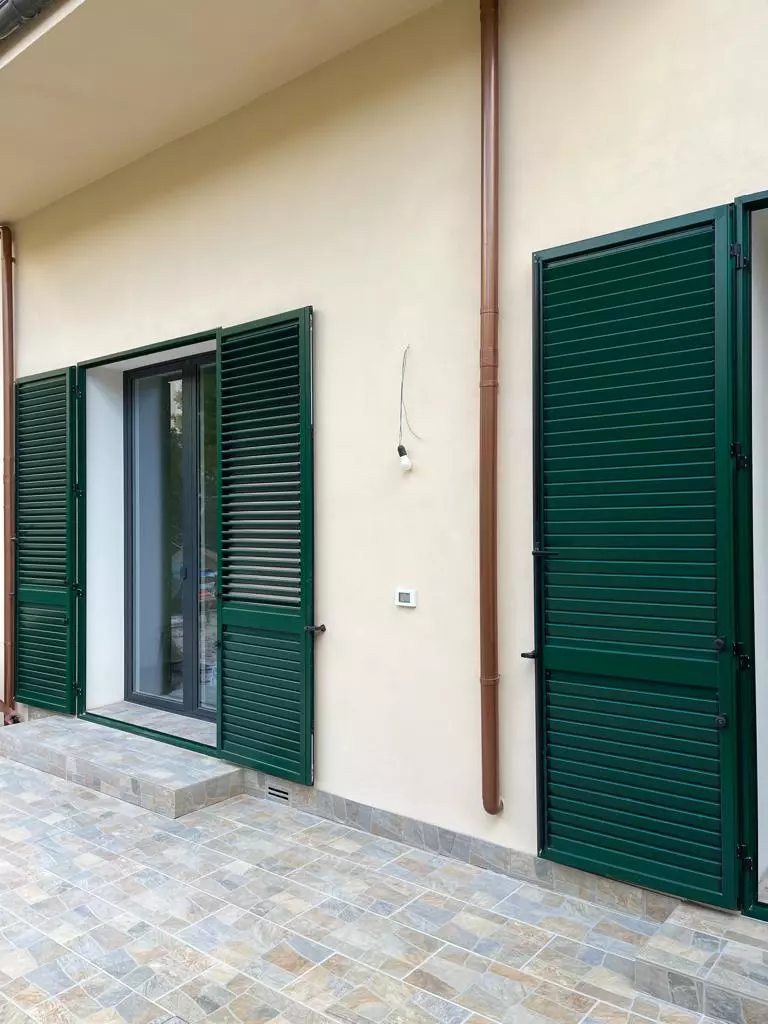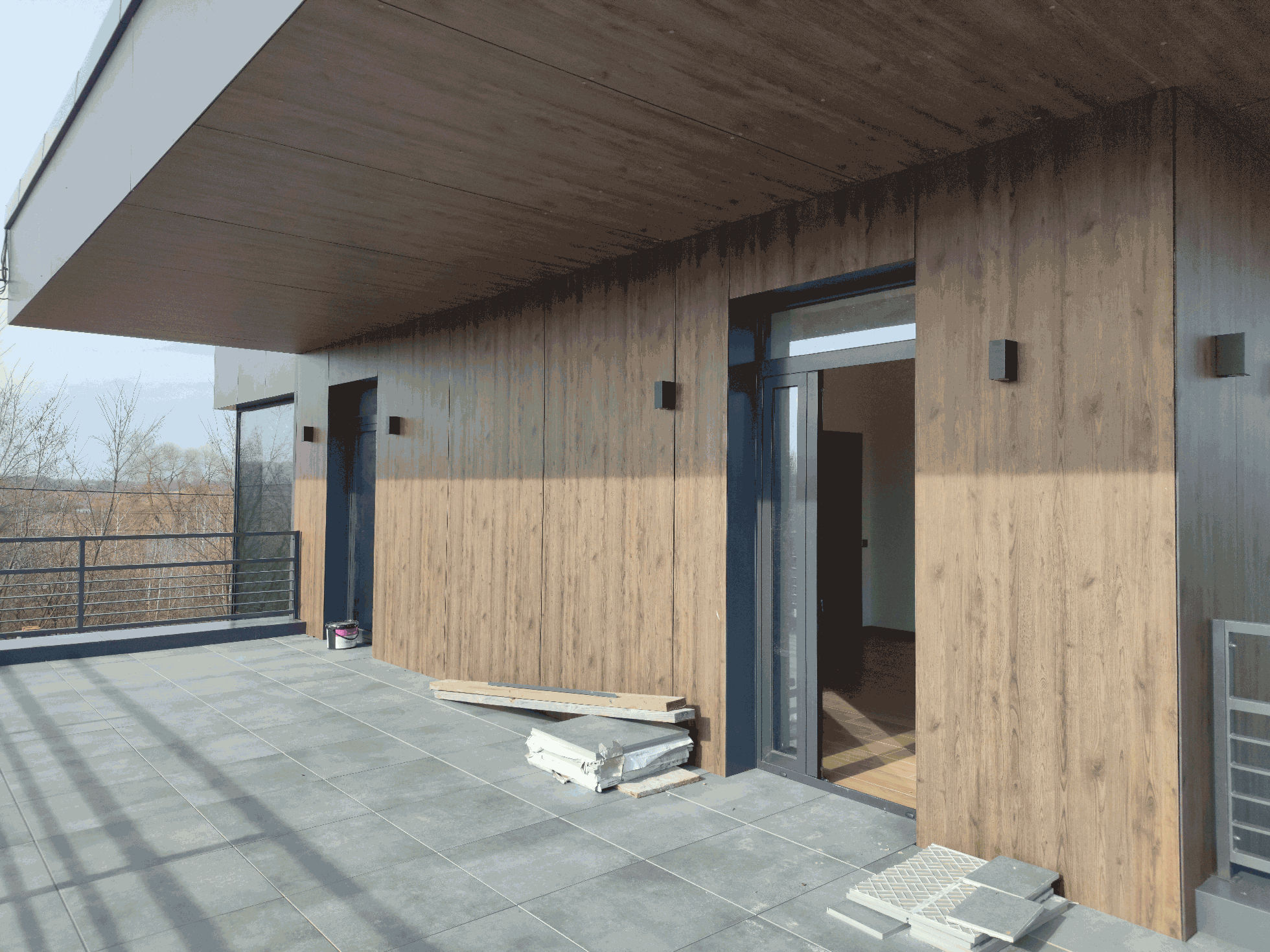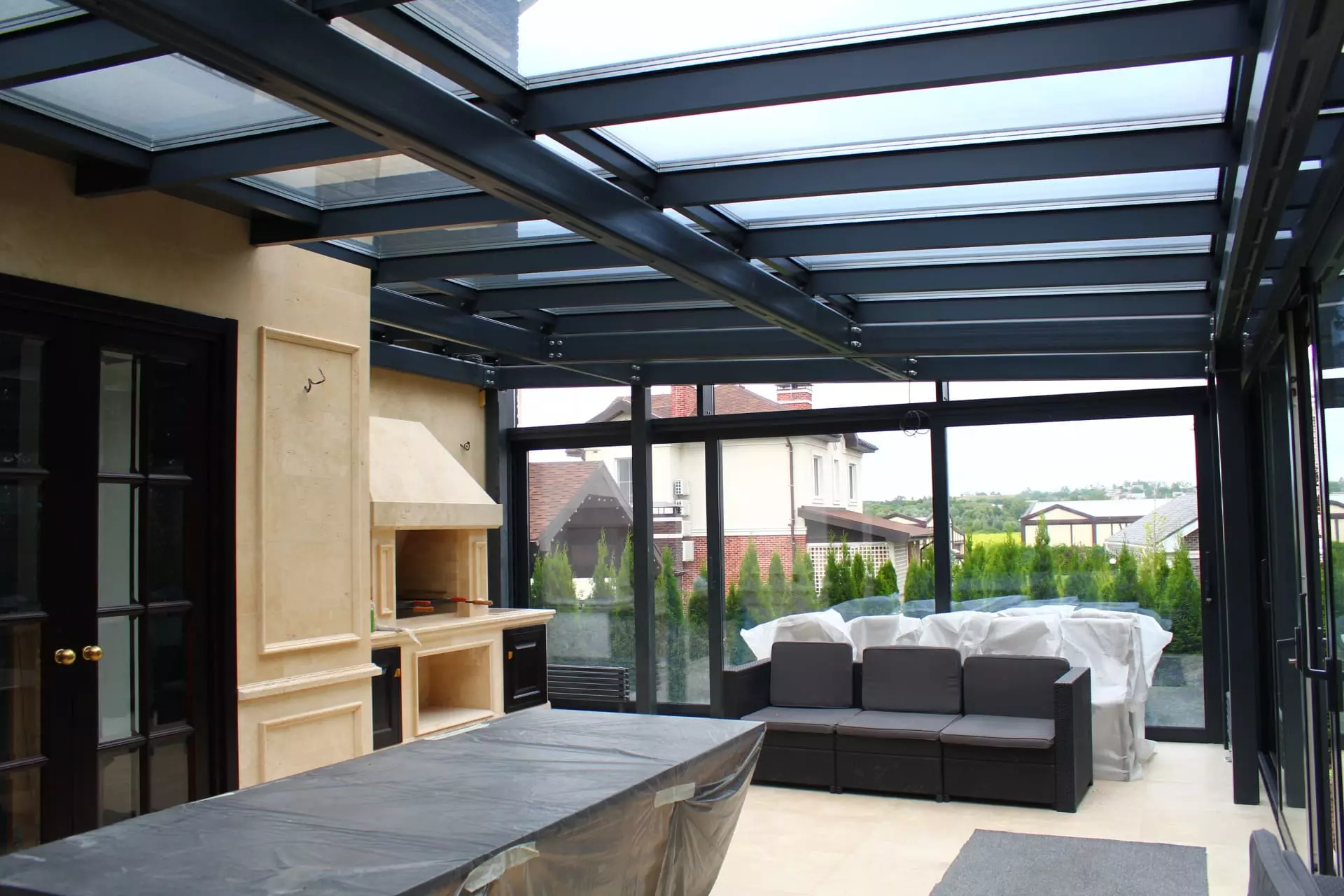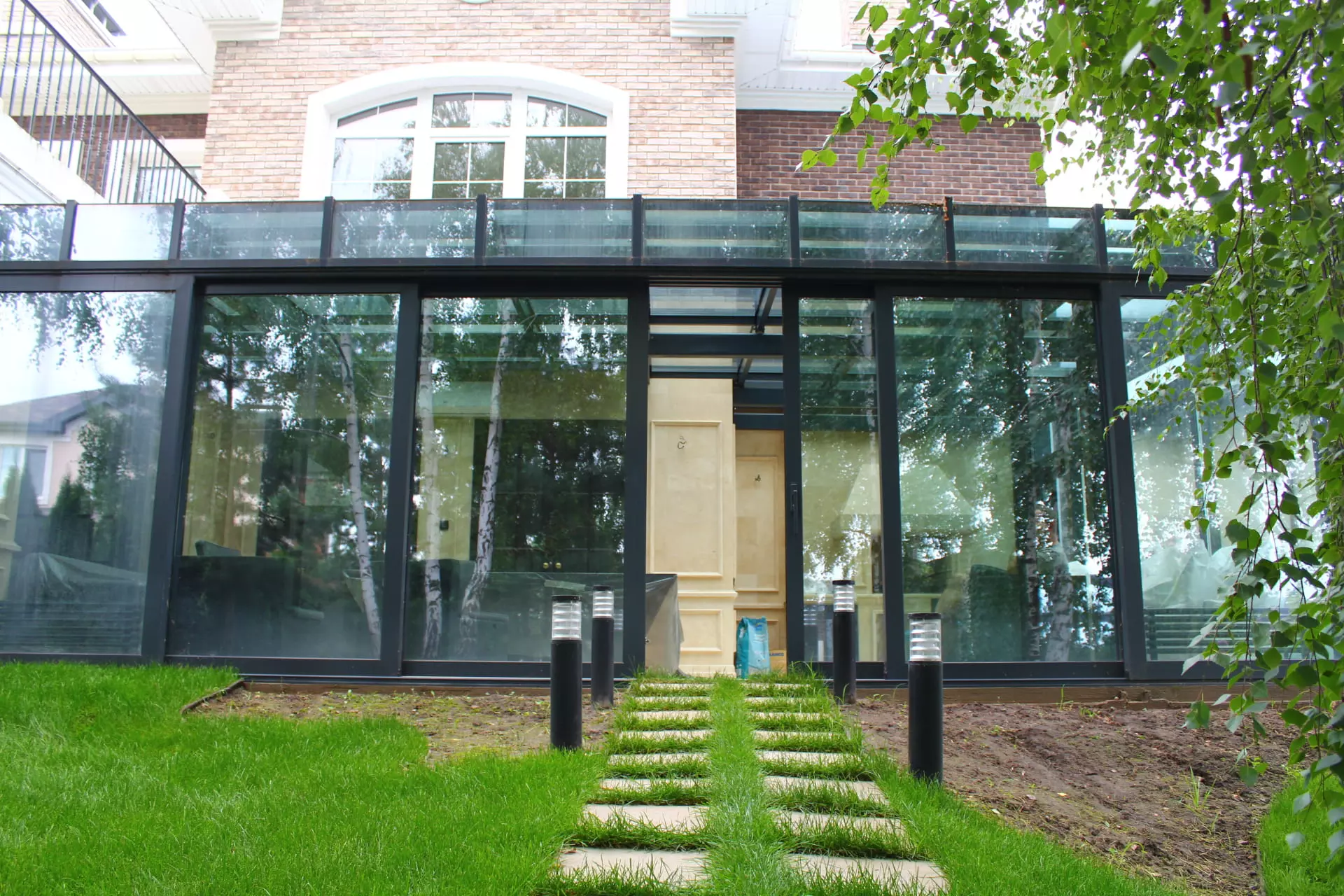EXPO Invest s.r.o. Reg.No. 54982057 VAT No. SK2121830810 Location: Horna 37 974 01 Banska Bystrica, Bratislava, Slovensko
Aluminum Doors: Advantages and Disadvantages
Aluminum doors have become increasingly popular in modern architecture, both in residential and commercial buildings. Known for their sleek design, durability, and strength, aluminum doors are often considered a top choice for those looking to combine aesthetics with functionality. However, like any material, aluminum has its pros and cons. In this comprehensive article, we will delve into the advantages and disadvantages of aluminum doors, helping you make an informed decision for your next project.
What Are Aluminum Doors?
Aluminum doors are made from an alloy of aluminum, a lightweight and corrosion-resistant metal. These doors are typically constructed with an aluminum frame, which may be combined with glass or other materials to create a door that is both sturdy and visually appealing. Aluminum doors are commonly used in various settings, from modern homes to office buildings, thanks to their versatility and contemporary look.
The Advantages of Aluminum Doors
1. Durability and Strength
One of the most significant advantages of aluminum doors is their durability. Aluminum is a strong material that can withstand harsh weather conditions, including rain, wind, and sunlight, without deteriorating. Unlike wood, aluminum does not warp, crack, or swell, making it an excellent choice for exterior doors. Additionally, aluminum is resistant to rust and corrosion, ensuring a long lifespan with minimal maintenance.
2. Lightweight Material
Aluminum is a lightweight material, making it easier to handle and install compared to heavier materials like steel or wood. Despite being lightweight, aluminum does not compromise on strength, making it ideal for large door panels or sliding doors. The reduced weight also means that the hardware used, such as hinges and tracks, experiences less stress, leading to longer-lasting components.
3. Low Maintenance
Aluminum doors require very little maintenance. They do not need to be repainted or refinished regularly, as they are naturally resistant to the elements. A simple wipe-down with a damp cloth is usually sufficient to keep aluminum doors looking clean and new. This low maintenance aspect makes aluminum doors a practical choice for busy homeowners and commercial properties.
4. Energy Efficiency
Modern aluminum doors are often equipped with thermal breaks and insulated glass, making them energy-efficient. These features help reduce heat transfer between the inside and outside of a building, leading to better temperature regulation and lower energy bills. Aluminum doors can be an excellent choice for those looking to improve their home’s energy efficiency while maintaining a sleek, modern appearance.
5. Aesthetic Appeal
Aluminum doors offer a contemporary and elegant look that can enhance the overall aesthetic of any building. They are available in various styles, colors, and finishes, allowing for customization to match any architectural design. Whether you prefer a minimalist look or a bold statement, aluminum doors can be tailored to suit your style preferences.
6. Recyclability and Environmental Impact
Aluminum is a sustainable material due to its recyclability. When aluminum doors reach the end of their life cycle, they can be recycled and repurposed without losing their structural integrity. This makes aluminum doors an environmentally friendly option, particularly for those who prioritize sustainability in their building projects.
7. Security Features
Aluminum doors can be fitted with advanced security features such as multi-point locking systems, reinforced frames, and impact-resistant glass. These features make aluminum doors a secure option for both residential and commercial properties, providing peace of mind for property owners.
The Disadvantages of Aluminum Doors
1. Higher Initial Cost
One of the primary disadvantages of aluminum doors is their higher initial cost compared to materials like wood or vinyl. The manufacturing process, combined with the high quality of the material, can make aluminum doors more expensive upfront. However, the long-term durability and low maintenance costs may offset this initial investment over time.
2. Thermal Conductivity
While modern aluminum doors with thermal breaks are energy-efficient, aluminum itself is a good conductor of heat. Without proper insulation, aluminum doors can contribute to heat loss in colder climates or heat gain in warmer climates. Therefore, it is essential to ensure that aluminum doors are well-insulated to avoid energy inefficiency.
3. Susceptibility to Dents and Scratches
Aluminum, though durable, is a relatively soft metal compared to steel. This makes it more susceptible to dents and scratches, especially in high-traffic areas or homes with children and pets. While minor scratches can be polished out, significant dents may require professional repair or replacement.
4. Limited Color Options
While aluminum doors are available in various finishes, the color options may be more limited compared to materials like wood, which can be stained or painted in countless shades. Although aluminum doors can be powder-coated in different colors, the range of options might not satisfy all aesthetic preferences.
5. Potential for Corrosion in Harsh Environments
Although aluminum is resistant to rust, it can still corrode in highly corrosive environments, such as coastal areas with high salt content in the air. Over time, this corrosion can affect the door’s appearance and structural integrity. Regular maintenance and protective coatings can help mitigate this issue, but it is something to consider when choosing aluminum doors for such environments.
Factors to Consider Before Choosing Aluminum Doors
1. Climate
When selecting aluminum doors, consider the climate in which they will be installed. In areas with extreme temperatures, ensure that the doors are well-insulated to prevent heat transfer. In coastal regions, opt for doors with protective coatings to prevent corrosion.
2. Usage
Consider how the doors will be used. For example, if the doors will be in a high-traffic area or exposed to potential impacts, you may want to consider reinforced options to reduce the risk of dents and scratches.
3. Budget
While aluminum doors can be more expensive upfront, consider the long-term savings in maintenance and energy efficiency. If you are working within a budget, prioritize essential features like insulation and security.
4. Aesthetic Preferences
Think about the design and style of your property. Aluminum doors are versatile and can complement modern architecture, but it’s essential to choose a finish and color that aligns with your overall aesthetic.
5. Security Needs
If security is a top priority, opt for aluminum doors with advanced locking systems and impact-resistant glass. These features will provide additional protection against intruders.
6. Environmental Impact
If sustainability is important to you, aluminum doors are a great choice due to their recyclability. Consider this factor if you’re aiming to reduce your carbon footprint.
Conclusion
Aluminum doors offer a combination of durability, low maintenance, and modern aesthetics, making them a popular choice for both residential and commercial properties. While they come with a higher initial cost and potential issues such as thermal conductivity and susceptibility to dents, the benefits often outweigh the drawbacks. Whether you’re looking to enhance your home’s energy efficiency, improve security, or achieve a sleek, contemporary look, aluminum doors are a worthy investment.
Before making your decision, consider your specific needs, budget, and the environment in which the doors will be installed. By weighing the advantages and disadvantages carefully, you can determine if aluminum doors are the right choice for your project.
Some of our works
The application has been sent
Thank you for submitting your request. A manager will contact you shortly.

 European Union
European Union Italiano
Italiano
